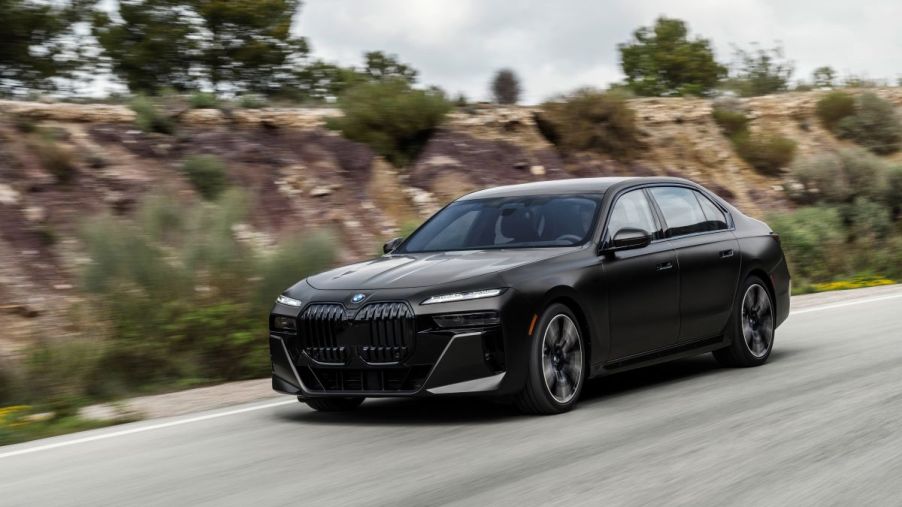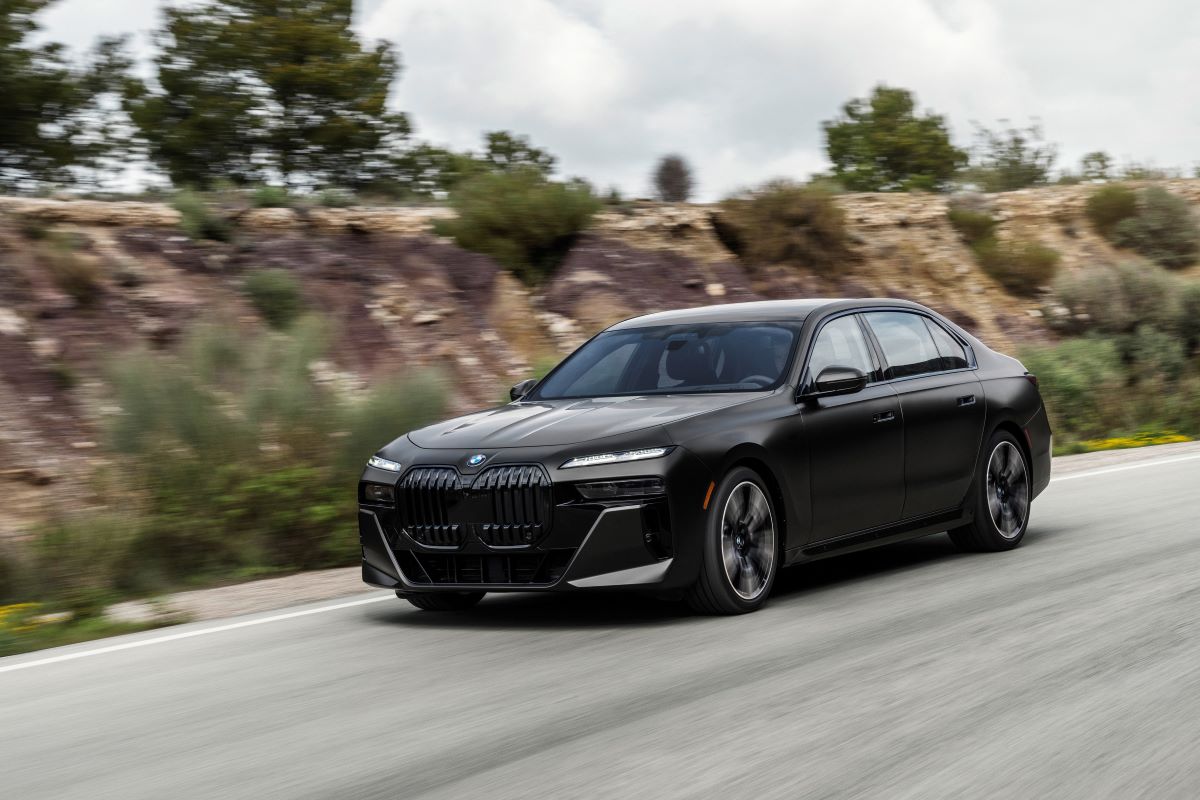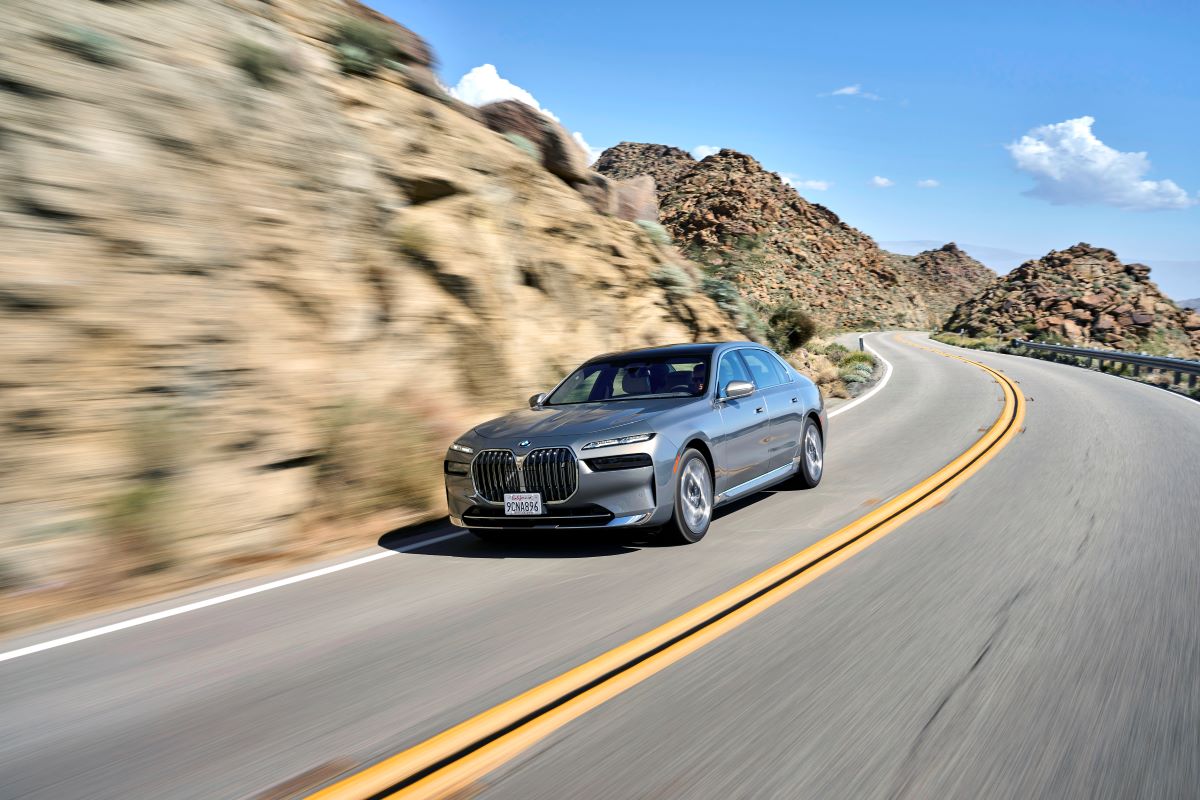
The BMW 7 Series is the Fastest Depreciating Luxury Sedan
The BMW 7 Series is about as opulent as one can look without sitting behind an onyx coffee table. As the ultimate luxury version of Bavaria’s “ultimate driving machine,” the 7 Series is the company’s platform for innovation introduction. Revolutionary entertainment interfaces, advanced safety technologies, eccentric design themes, and more put it in the spotlight of any hotel valet. Unfortunately, passersby won’t be able to see the price of all that comfort and luxury: extraordinarily high depreciation.
How much does the average vehicle depreciate?
Depreciation is a part of vehicle ownership. There’s no getting away with it unless it’s one of a few that gains value, like certain classic cars.
The average new car will lose a few hundred to a few thousand dollars in value every year it’s driven. This is on top of car payments, insurance, fuel, maintenance, repairs, and other ownership costs. Automotive research firm iSeeCars says the average car across all ranges loses 33.3% of its value over the first five years. With mass-market brands, it isn’t the biggest punch to the gut, even if the nationwide average is a loss of approximately $14,049.
How much does the BMW 7 Series depreciate?
Luxury cars depreciate much quicker than their mass-market counterparts as they are both expensive to buy and maintain. Moreover, when components inevitably break, they are equally costly to fix, thus detracting from their value. While offerings from Audi, Jaguar, Maserati, Mercedes-Benz, and others depreciate by more than half their value over the first five years, BMW is worse.
Analysis shows that the 7 Series will lose 56.9% of its MSRP over the first five years of ownership. Across all trim levels of the BMW 7 Series, the average loss is $61,923. At the same time owners are paying monthly car notes well into the four figures, they’re losing the equivalent of a mortgage on a small home.
How will the 2023 BMW 7 Series fare on depreciation?

The rear-wheel drive base BMW 740i with the 3.0-liter twin-turbo inline-six has a starting MSRP of $95,700, BMW says. For $116,400, potential customers can get the all-wheel drive 760i with a 4.4-liter twin-turbo V8. Either model can be packed with roughly $40,000 in optional extras.
Despite the welcome luxurious finishes, the resale numbers on the 7 Series are historically low. Annual repair bills become much more challenging to bear as the sedan ages beyond five years. For instance, CarEdge reports that average yearly repairs for a five-year-old 7 Series are approximately $1,130. By year eight, however, it nearly doubles to $2,133. That’s only for older model year 7 Series sedans. Given the flagship BMW’s redesign and tech-heavy interior, the five-year maintenance and repair bill for a 2023 BMW 7 Series may likely hit $20,000.
Should you buy a used BMW 7 Series?

Seeing a used BMW 7 Series with an asking price in the low five figures may seem like a hot pick. However, it’s unlikely the only issues that must be tended to are new windshield wipers and an oil change. Analysis shows that the likelihood of a major repair is roughly 40% after 10 years, increasing to 63% and 78% in years 11 and 12, respectively.
There’s a reason why decade-old 7 Series luxury cars can be found for around $15,000. With more than 80% of its value knocked off, it’s a red flag for significant repairs. Unless potential buyers are well-versed in the sophisticated internals of BMW sedans, it’s best for bargain hunters to stay away.


